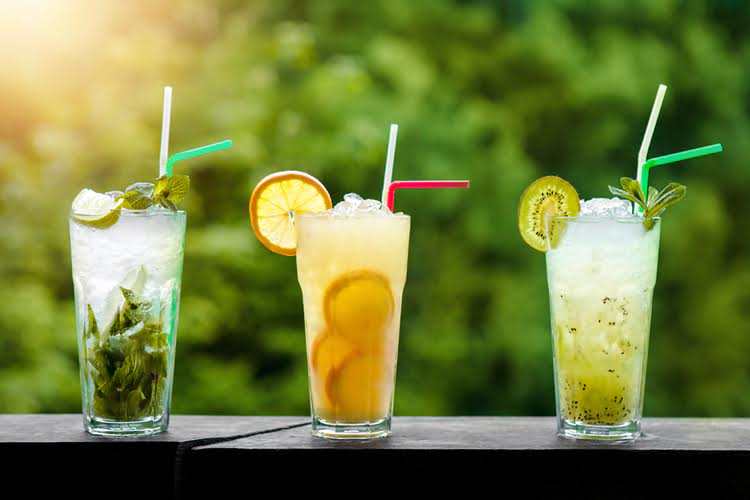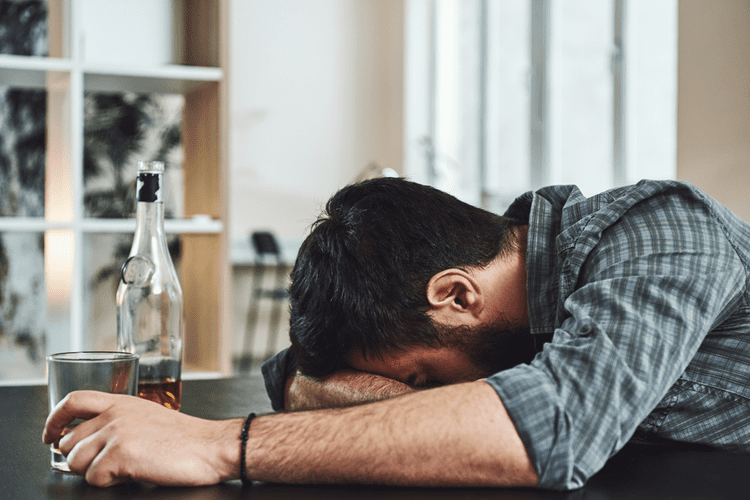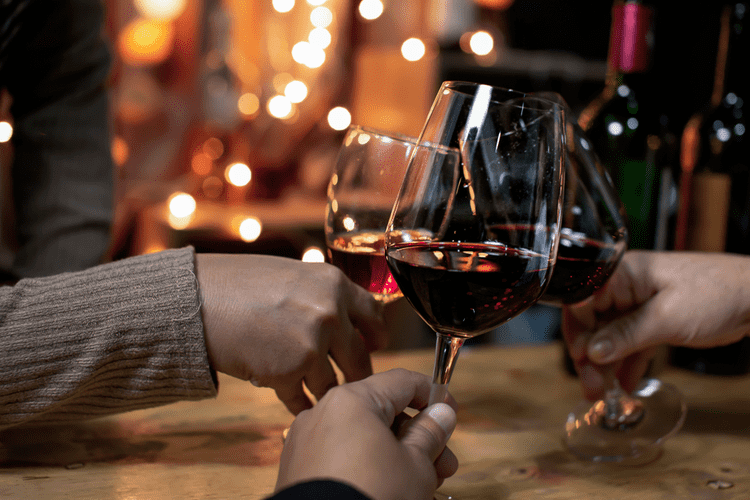Why Men Turn to Alcohol to Cope with Stress and How to Break the Cycle
A skilled professional can provide you with an assessment of your drinking habits and refer you to a specialist if necessary. If you find yourself using alcohol as a coping mechanism, it’s essential to understand when to seek help to prevent the development of alcoholism. If you’re drinking more than you used to, it could indicate that your drinking is becoming a problem. Additionally, if you find that you’re using liquor to cope with strong emotions, or that your alcohol as a coping mechanism drinking is causing negativity in your personal and professional life, then it’s essential to address the issue before it becomes severe. Many people who struggle with addiction have dysfunctional beliefs that shape their coping strategies. These beliefs can include perfectionism, a need for approval, or a tendency to avoid dealing with problems directly.
Why Using Alcohol to Cope Isn’t Healthy

Alcohol use and frequency of use of the skills were assessed 6 and 12 months following treatment. Addiction is a complex issue rooted in a variety of factors, including chronic stress, dysfunctional beliefs, psychological disorders, and social influences. Understanding these underlying causes is crucial for effectively dealing with addiction. By promoting healthy coping strategies and providing access to professional treatment, we can help individuals overcome substance abuse and lead healthier, more fulfilling lives. If you or a loved one needs help for addiction, don’t hesitate to contact La Valley Recovery to begin the journey to recovery. Seeking help from a therapist is a courageous step towards overcoming alcohol dependence and fostering a healthier relationship with alcohol.
Urge-Specific and Lifestyle Coping Strategies of Alcoholics: Relationships of Specific Strategies to Treatment Outcome

Triggers can include stress, anxiety, depression, social situations, or certain environments. Once you identify your triggers, you can develop strategies for managing them without turning to alcoholic beverages. Additionally, instead of turning to alcohol when you feel stressed or anxious, develop healthy coping mechanisms. These may include exercise, meditation, mindfulness, deep breathing, journaling, or talking to a alcoholism trusted friend or family member.
- About 178 abstracts were returned from the search and 18 individual manuscripts using longitudinal and cross‐sectional methodologies with age‐of‐onset data were included in this narrative review.
- First, the assessment of SM using self‐report methods is subject to recall and response bias and may not accurately represent the true prevalence of SM.
- However, a review of the data that looks at the temporal onset of AD and SUD is important because data that only considers those who self‐report SM will likely underestimate the true prevalence of SM in the population.
- John C. Umhau, MD, MPH, CPE is board-certified in addiction medicine and preventative medicine.
KARLIE ROSHONG – Clinical Manager
- The model for teaching general lifestyle skills is that a social network that provides more positive and fewer conflictual interactions will provide fewer relapse triggers and more support for abstinence.
- It’s that desperate attempt to reach for a bottle instead of addressing the root cause of our distress.
- It is one of the most prevalent psychiatric disorders and can vary in severity from mild to severe, and gets in the way of your ability to function normally in daily life 2.
- Whether you’re seeking help for yourself or a loved one, understanding psychological addiction is the first step toward lasting recovery.
If you start to feel anxious, irritable, shaky, or nauseous when you have not had a drink, it may indicate that your body has developed a dependence on alcohol. If drinking is interfering with your ability to work, maintain relationships, or take care of essential responsibilities, it’s a clear sign that it may have moved beyond casual use. Alcohol can initially make you feel drowsy, but it disrupts sleep quality, leading to frequent waking during the night. Poor sleep will only worsen depression symptoms, creating a vicious cycle where you wake up feeling even worse and may turn to alcohol again to ease your discomfort.
If you’ve got depression and you drink or use drugs, you might find temporary escape or relief—but you’re worsening the biological conditions behind your depression. If you drink in moderation to address stress, you may want to consider some other ways of coping. Historically, conventional wisdom was that modest levels of drinking were safe, or even protective of certain conditions, such as cardiac disease. Newer research indicates that even moderate drinking carries significant health risks and does not increase heart health.

Anna Smith, LP – Assistant Clinical Director
Many people (roughly 80% – 90%) with depression struggle with insomnia or disrupted sleep, and alcohol is often used as a way to unwind and fall asleep faster. This pattern can (gradually) lead to dependence, which will make it harder to stop or cut down. What starts as a way to ‘take the edge off’ can spiral into needing alcohol just to feel normal.
3 Urge-specific strategies and alcohol use outcomes
Therapy provides a safe and non-judgmental space to explore the underlying reasons behind using alcohol as a coping mechanism. This self-discovery journey can be challenging, as it involves confronting deep-rooted emotions, traumas, and stressful life experiences. However, a skilled therapist will guide and support you through this process, helping you develop healthier coping strategies. The objective of this study was to establish the relationship between https://acapulcoworld.com/sober-living/aa-language-key-terms-you-need-to-know/ problematic alcohol consumption and depressive symptomatology in women. The predictive relationship was analyzed in both directions, also considering the avoidant coping style as a mediating variable.
